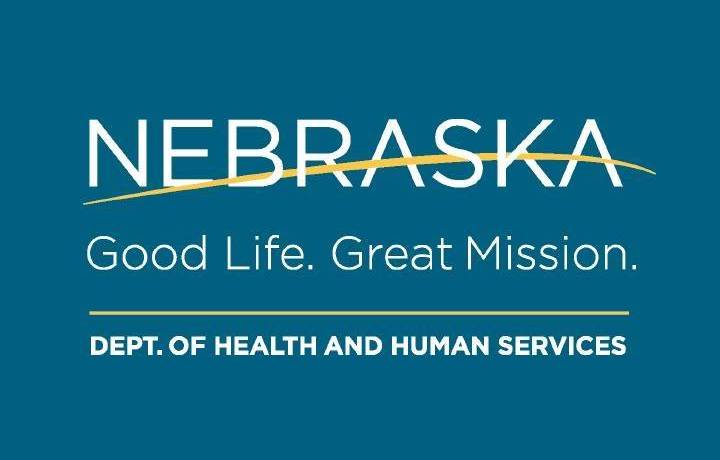![]()

During September, the Nebraska Department of Health and Human Services recognizes Newborn Screening Awareness Month. Newborn screening is a highly successful public health system that enables the early identification of conditions that might not be immediately apparent but have serious, lifelong consequences to a child’s long-term health and well-being if left undetected.
“Newborn screening can detect conditions that do not show signs or symptoms but have serious effects on the baby’s health,” said Dr. Timothy Tesmer, Chief Medical Officer at DHHS. “These effects can be minimized or prevented with early detection and intervention giving babies and their families the best chance for strong and healthy lives.”
Nebraska law requires every baby born in Nebraska to complete newborn screening. This set of screening tests is designed to help ensure every child in the state of Nebraska has the same opportunity to grow into healthy, productive adults. The newborn screen includes bloodspot, hearing, and pulse oximetry testing for critical congenital heart disease. The Nebraska newborn screening panel screens for 35 disorders recommended by the U.S. Department of Health and Human Services which can help prevent intellectual disabilities, brain and organ damage, seizures, stroke, or other long-term problems, including death. The program is administered by the Division of Public Health which screens, follows up, and provides newborn screening awareness and education across Nebraska to help our youngest Nebraskans live better lives.
Newborn screening is generally completed shortly after 24 hours of age by taking a few drops of blood from an infant’s heel. Noninvasive methods are utilized for screening hearing and critical congenital heart diseases, which can flag infants at risk for certain conditions, such as deafness and heart abnormalities, that would not be obvious for some time.
Newborn screening allows treatment to be initiated within the first few days and weeks of life, and for some diseases, this intervention means the infants will go on to lead typical, healthy lives. Screening has led to earlier detection of diseases such as sickle cell disease, spinal muscular atrophy, congenital primary hypothyroidism, and cystic fibrosis. Many of these conditions once carried a grim prognosis but now see better managed health outcomes and increased life expectancy due to early intervention. Newborn hearing screening flags infants that may be deaf or heard of hearing and connects families with support and resources to help the child acquire crucial early language at a developmentally appropriate stage.
For resources or to learn more about newborn screening, visit https://dhhs.ne.gov/Pages/Newborn-Screening.aspx.
DHHS encourages parents to talk to their baby’s healthcare provider about newborn screening tests and ask questions. The DHHS Newborn Screening team can be reached at (402) 471-6558 or dhhs.newbornscreening@nebraska.gov.
